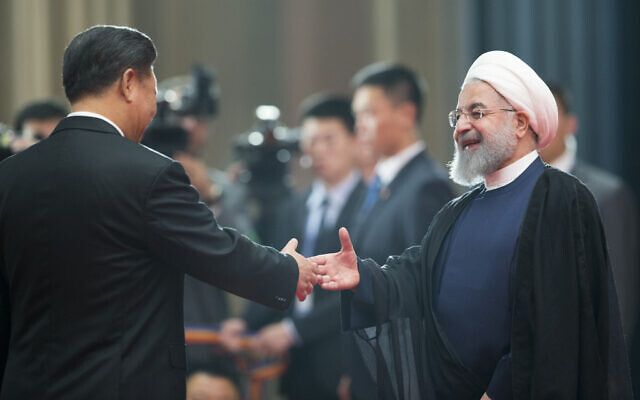
China ‘strategic accord’ could give Iran a $400B boost, up military ties
This content is restricted to site members. If you are an existing user, please log in. New users may register below.

This content is restricted to site members. If you are an existing user, please log in. New users may register below.